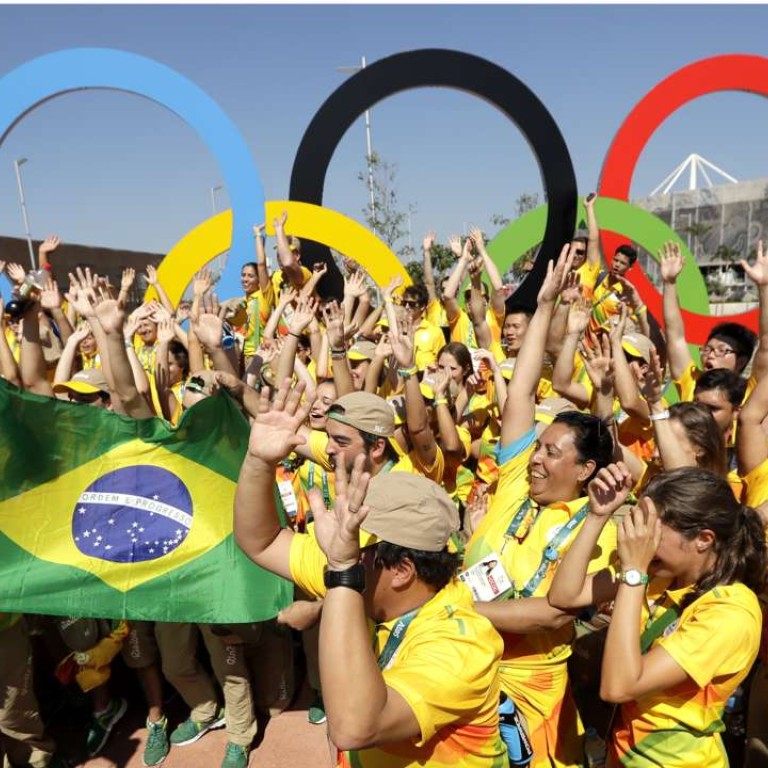
How employers have turned the virtue of youthful sacrifice into a vice
Even more evil than volunteer work is unpaid internships – who else but the offspring of the rich can afford them?
One rather sweet, virtuous subplot to the Olympics is the crucial role of volunteers. Volunteering gives members of the public a chance to express their civic pride, and to be a part of something bigger than themselves.
The cost of hosting a major sports event would be unbearable were it not for those who freely give their time to seat guests, transport athletes and perform other services
But when the Games are over we have to return to this principle: volunteers are increasingly seen not as virtuous, but as mercenary. Just this weekend, for example, a prominent New York Times columnist blasted rich American kids for participating in exotic forms of volunteerism to boost their profiles on university applications. I am willing to bet big bucks – well, at least US$100 – that in two or three years a summer job at McDonald’s will be a bigger asset on university applications than service at a Central American orphanage.
And even more evil than volunteer work? Unpaid internships. Who else but the offspring of the rich can afford them?
It was not always thus. Working in exchange for experience was once a commendable way for a young person to get ahead. An internship or apprenticeship imparts a certain humility, takes grit and delays gratification. Considering that today’s young are often described as grabby, spoiled and entitled, a good spell or two of slave labour would, theoretically, do them good.
By exploiting the willingness and ability of some to work for free, employers have turned the virtue of youthful sacrifice into a vice
In practise, however, the ability to afford an unpaid internship is now viewed as a privilege that cements class structures in an era of declining social mobility.
When I was in Washington, D.C. earlier this summer, I interviewed Iris Myers, who worked as an unpaid intern for a legislator on Capitol Hill. She was glad for the opportunity, but in order to afford it she had to get a paying job as well, resulting in a 65-hour workweek.
“For many people just out of college, some work experience is required to get into their field,” said Myers. “On the Hill you really can tell that many of the interns come from wealthy families. They have nice, designer clothes and bags, and most don’t have another full-time job, at least in my experience.”
In the corporate world, unpaid internships are more common in sectors that have been disrupted by technology. So funnily enough, the “evil” sectors like banking tend to pay their interns, if only because they can afford to do so. These days it may be harder for a poor kid to break into the creative fields, such as TV, media and film.

One wonders if journalism, a field that long offered a tough, gritty path to upward mobility, may soon be dominated by the upper classes. The news gathering industry increasingly relies on freebies: from rich benefactor-owners, to grants for investigative undertakings, to sourcing copy from individuals who can afford to work for free, or have something to promote.
Several years ago a fashion-magazine intern in New York sued her employer, Harper’s Bazaar, for back wages after four months of free servitude. The intern, Diana Wang Xuedan of Ohio, argued that she was exploited because she received no career benefit. On the contrary, after her four months was up, the company suggested she immediately launch into another unpaid internship – something she could not afford.
By exploiting the willingness and ability of some to work for free, employers have turned the virtue of youthful sacrifice into a vice. It is a sad turn of events and one that Hong Kong seems to have planned for; several years ago, while passing the minimum wage law, lawmakers ruled that companies can squeeze only two months of free labour from each intern.
Cathy Holcombe is a Hong Kong-based financial writer

